Main navigation
Earn your DMA in Strings
The string program at the University of Iowa School of Music offers a comprehensive framework of private lessons, major performing ensembles, master classes, chamber music coaching, literature classes, and performance seminars driven by the broad experience of its faculty. Alumni hold positions in major orchestras and chamber ensembles, and teach at universities and conservatories around the world.
Our faculty is committed to a strong educational ethic at all levels of teaching, and we are committed to giving each student the best educational experience possible. Our program at Iowa has several distinct advantages:
- A curriculum centered on a close teacher/student relationship with weekly private instruction supported by weekly Studio Seminars. Intensive personal attention to each student carries on to large and small ensembles.
- Nationally accredited degree programs
- A unique chamber music experience with the newly established UI String Quartet Residency Program. Student ensembles have worked with such notable professional quartets as the JACK Quartet, the Linden Quartet, and the Cavani Quartet during their residencies at Iowa. These residencies provide unique interaction with the quartets and in outreach performance experiences.
- Master classes and performances with renowned guest artists.
- Numerous opportunities and venues for solo and chamber music performance.
- A dynamic string faculty who regularly perform and teach around the United States and the world.
- Opportunities for intensive study of orchestral repertoire and audition preparation.
- Opportunities to study and perform on baroque instruments.
Requirements and program planning
This information is intended to assist in your course planning but is not intended to serve as an official guide to graduation requirements. To confirm progress toward graduation, you should consult your advisor.
Course offerings
General requirements
- Introduction to Graduate Study in Music (MUS:5300), 2 semester hours
- Seminar in Music Research (MUS:7140), 2 semester hours
Music theory requirements
Students exempt from MUS:5200 through the advisory examination in music theory must complete 9 semester hours from the following:
- Counterpoint Before 1600 (MUS:4200), 3 semester hours
- Counterpoint After 1600 (MUS:4201), 3 semester hours
- Jazz Theory (MUS:4730), 3 semester hours
- Tonal Analysis (MUS:5235), 3 semester hours
- Non-Tonal Analysis (MUS:5236), 3 semester hours
- Analysis of Popular Music (MUS:5237), 3 semester hours
- Special Topics in Theory and Analysis (MUS:5240), 3 semester hours
- History of Ideas in Music (MUS:6210), 3 semester hours
- Theoretical Approaches to Music (MUS:6211), 3 semester hours
- Theory Pedagogy (MUS:6215), 3 semester hours
- Advanced Tonal Theory and Analysis (MUS:6250), 3 semester hours
- Advanced Non-Tonal Theory and Analysis (MUS:6251), 3 semester hours
- Advanced Theory and Analysis of Popular Music (MUS:6252), 3 semester hours
Music history requirements
Select from the music history courses in the following list. Only one 4000-level course (taken at the University of Iowa or equivalent transferred in from another institution) may count toward the 9 semester hours required:
- Music and Gender (MUS:4320), 3 semester hours
- Medieval and Renaissance Music (MUS:4325), 3 semester hours
- Baroque Music (MUS:4330), 3 semester hours
- 18th-Century Music (MUS:4335), 3 semester hours
- 19th-Century Music (MUS:4340), 3 semester hours
- 20th-Century Music (MUS:4345), 3 semester hours
- Advanced Jazz History (MUS:4350), 3 semester hours
- American Music (MUS:4355), 3 semester hours
- Jazz Matters (MUS:4360), 3 semester hours
- Studies in Film and Music (MUS:4610), 3 semester hours
- Teaching Music, History, and Culture (MUS:6305), 3 semester hours
- Topics in Musicology (MUS:6310), 3 semester hours
- Historical Approaches to Music (MUS:6312), 3 semester hours
- Topics in Ethnomusicology (MUS:6314), 3 semester hours
- Foundations of Ethnomusicology (MUS:6315), 3 semester hours
- Renaissance Music Notations (MUS:6326), 3 semester hours
- Music Editing (MUS:6375), 3 semester hours
Ensemble participation
Symphony Orchestra (MUS:3180), 1 semester hour each
String area requirements
- Applied lessons in major area (MUS:602-), 4 semesters at 2 semester hours each
- Note: Normally, applied lessons are taken each semester until the recital requirement is completed; requests for exceptions must be approved by the brass area.
- Advanced String Methods and Literature I (MUS:5121), 2 semester hours
- Note: Offered fall semester only.
- Advanced String Methods and Literature II (MUS:5122), 2 semester hours
- Note: Offered spring semester only.
- One of these for three semesters:
- String Chamber Music (MUS:3482), 1 semester hour
- Chamber Music Residency Program (MUS:3489), 1 semester hour
Recital and final exam
- Qualifying Recital (MUS:7899), 0 semester hours
- DMA Recital 1 (MUS:7900), 1 to 2 semester hours
- DMA Recital 2 (MUS:7900), 1 to 2 semester hours
- DMA Recital 3 (MUS:7900), 1 to 2 semester hours
- DMA Essay/Thesis (MUS:7970), minimum of 2 semester hours and maximum of 6 semester hours
- Note: If you started your coursework prior to Fall 2019, your range is 4 to 8 semester hours.
Committee information
Recital committees must have:
- 4 committee members:
- 3 of the 4 must be from the string area
- Principal advisor must be chair of the committee
Final exam (comps) committees must have:
- 4 committee members:
- 2 of the 4 must be from the string area
- Principal advisor must be included on the committee
- Secondary area advisor must be included on the committee
Essay/recording project committees must have:
- 4 committee members:
- 2 of the 4 must be from the string area
- Principal advisor must be included on the committee
If a student has a topic that merits adding additional faculty members, that is allowed and encouraged, after the string area requirements for committee makeup are fulfilled.
World language or secondary area of music
World language
French or German proficiency (other languages must be approved by the piano area). Students can satisfy the proficiency requirement in one of the following ways:
- Completion of the fourth semester of the language at the undergraduate level with at least a grade of B, within the last 10 years.
- Testing out of the fourth semester of the language at the University of Iowa. Placement exams in French, German, and Italian are offered each semester by the UI Examination Service, 300 Jefferson Building.
- Completion of graduate language courses French for Reading and Research (FREN:4911 and FREN:4912) or German Reading for Graduate Students (GRMN:5000)
- Note: Prerequisite is GRMN:1002, GRMN:1020, or GRMN:1010.
Secondary area of music
This option of the program is an opportunity for students to individualize their course of study according to their strengths, personal interests, and career aspirations. The secondary area will enhance their viability in the job market and broaden the student’s professional profile and competence.
The student, the major advisor, and a professor from the secondary area will define this individualized component of the DMA course of study by the end of the first year of study. A contract listing the required coursework or other specific outcomes will be filed with the student’s records in the Academic Office.
The required coursework will include a minimum of six semester hours. These hours may not include any courses required to fulfill other degree requirements. Students should register for secondary area lessons at the graduate level. The student’s comprehensive examination committee will include a secondary area advisor, who will provide questions pertaining to the secondary area.
Possible secondary areas include conducting, music education, jazz studies, theory, music history, or a secondary applied area. Secondary areas may not be specialized areas of the primary performance/pedagogy or conducting area.
Create your academic path
You'll find degree overviews, requirements, course lists, academic plans, and more to help you plan your education and explore your possibilities.
Current course list
The MyUI Schedule displays registered courses for a particular session and is available to enrolled students. The list view includes course instructors, time and location, and features to drop courses or change sections.
LaFosse collection of baroque string instruments
The University of Iowa School of Music is proud to own the LaFosse Collection of Baroque string instruments. The late Leopold LaFosse served as Professor of Violin at the University of Iowa from 1972 until his death in 2003.
Professor LaFosse bequeathed one of the finest collections of baroque instruments and bows to the School of Music. The collection is maintained by UI viola professor Christine Rutledge, who teaches baroque violin and viola.
Students who wish to learn baroque style and technique have a special opportunity at the University of Iowa by having access to these high quality instruments and bows.
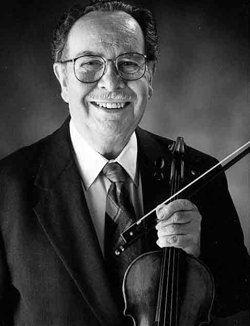
String master classes
String students benefit from a variety of guest master classes and concerts from internationally-acclaimed artists, including:
Violin
- Frank Almond
- Charles Castleman
- Paul Kantor
- Jeremy Kittel
- Sally O'Reilly
- David Perry
- William Preucil
- Stanley Ritchie
- Sheryl Staples
- Almita Vamos
Viola
- Nancy Buck
- Jeffrey Irvine
- Pamela Ryan
- Peter Slowick
Cello
- Zuill Bailey
- Colin Carr
- Bonnie Hampton
- Joel Krosnick
- Mark Summer
Double bass
- Robert Black
- Christopher Brown
- Craig Butterfield
- Diana Gannett
- Edgar Meyer
- David Murray
- John Patitucci
- Paul Sharpe
- Anthony Stoops
- Hans Sturm
Chamber music
- American String Quartet
- Arianna Quartet
- Ariel Quartet
- Brentano String Quartet
- Kenji Bunch
- Calder Quartet
- Cavani String Quartet
- Chiara String Quaret
- Daedalus Quartet
- Emerson String Quartet
- Dalí Quartet
- Fry Street Quartet
- Jupiter Quartet
- Kronos Quartet
- JACK Quartet
- Jasper String Quartet
- Joel Krosnick
- Jupiter String Quartet
- Lark Quartet
- Linden String Quartet
- Anne-Marie McDermott
- Miro Quartet
- Pacifica Quartet
- Navah Perlman
- Caroline Shaw
- David Schifrin
- St. Lawrence String Quartet
- Ying Quartet
Add a minor
Any student admitted to a graduate degree program in the School of Music may add a theory pedagogy minor by completing the required courses.
Strings faculty

Anthony Arnone
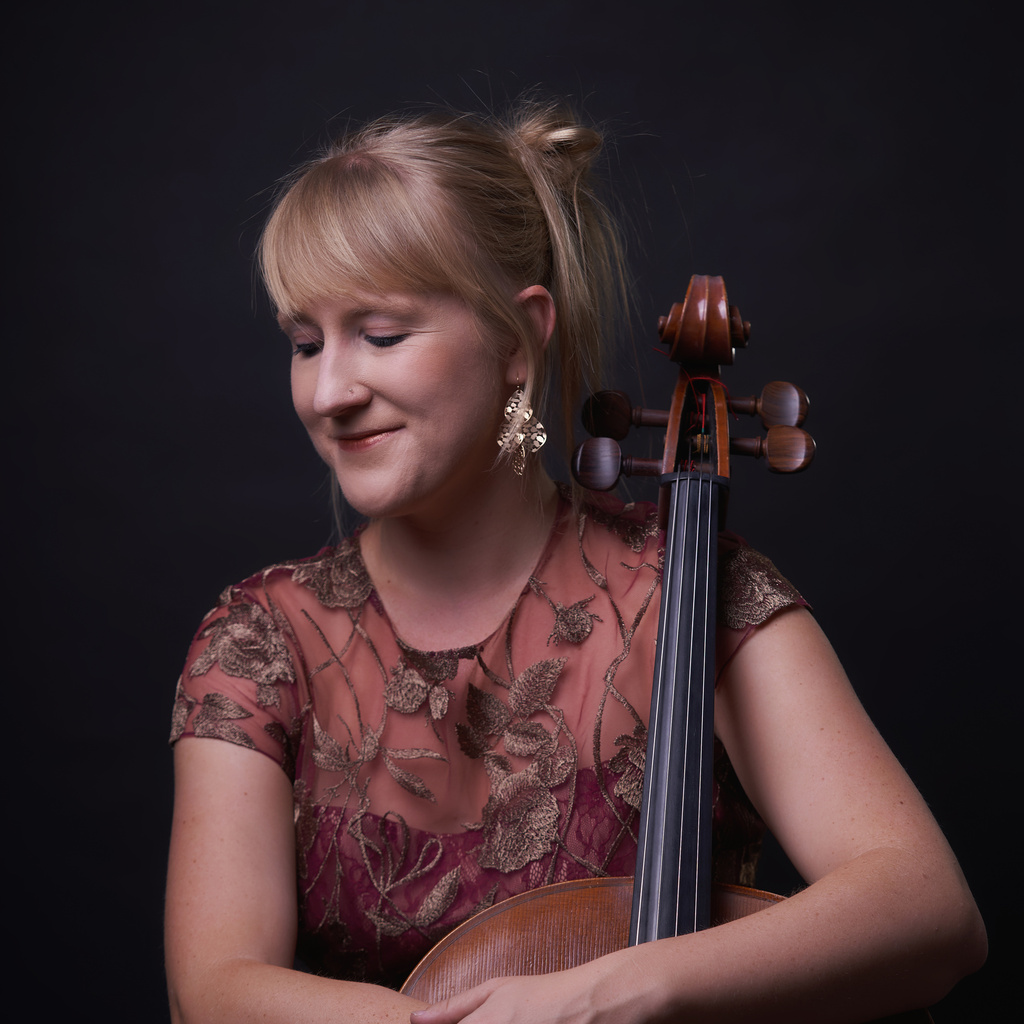
Jamie Clark
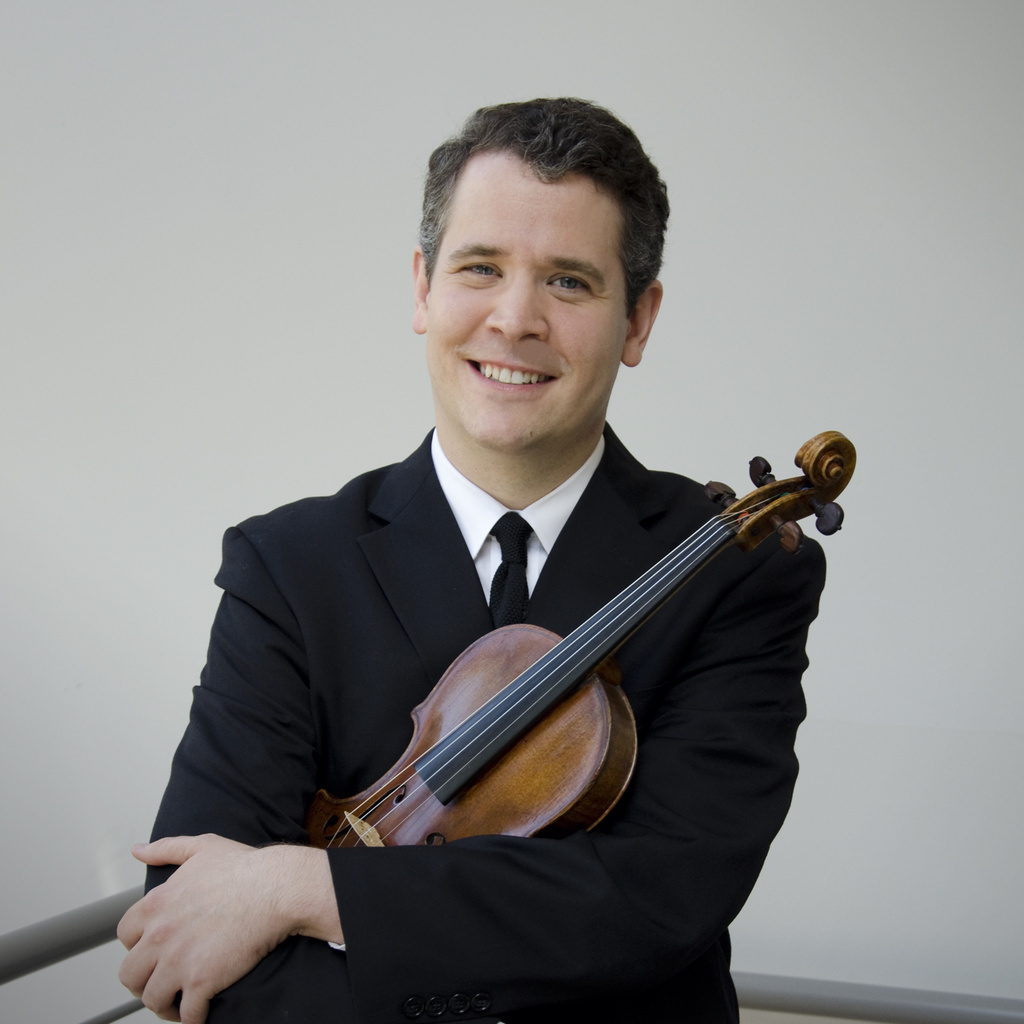
Scott Conklin
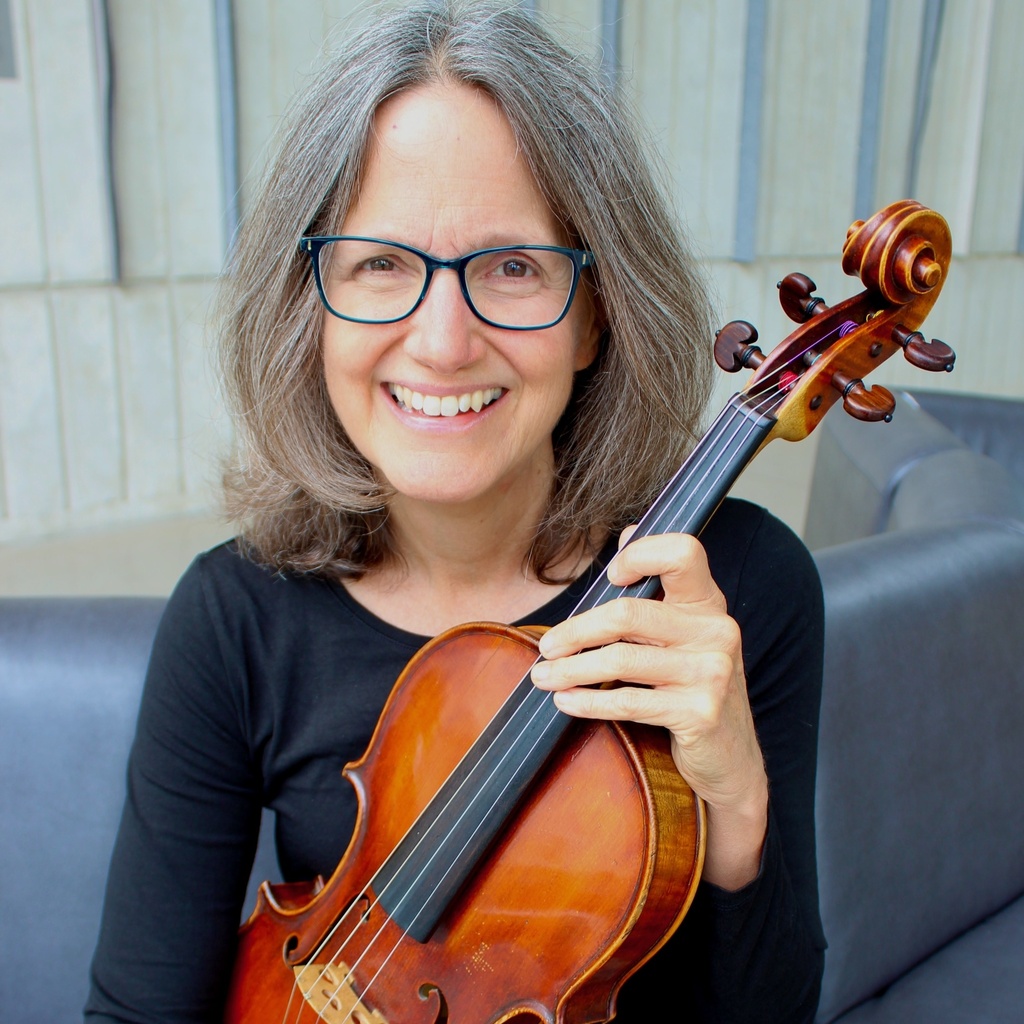
Elizabeth Oakes
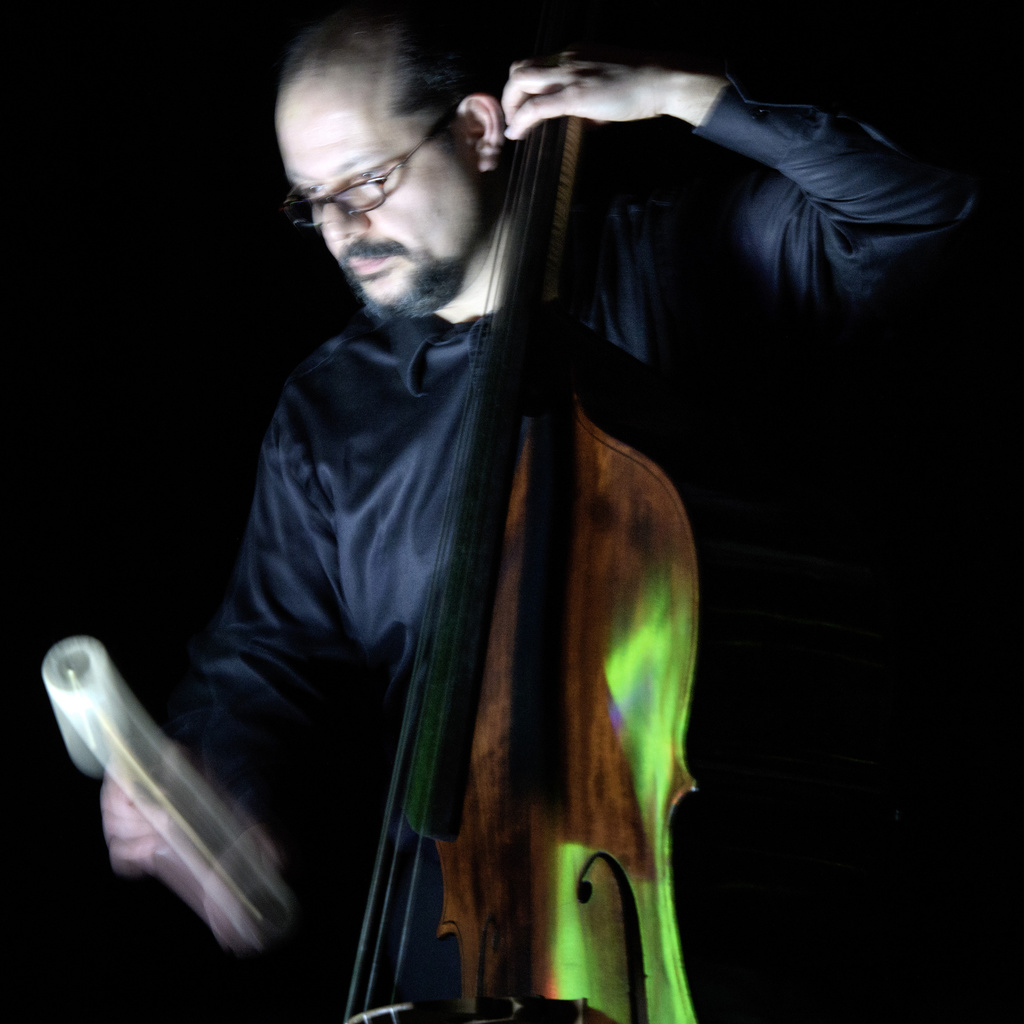
Volkan Orhon
Christine Rutledge
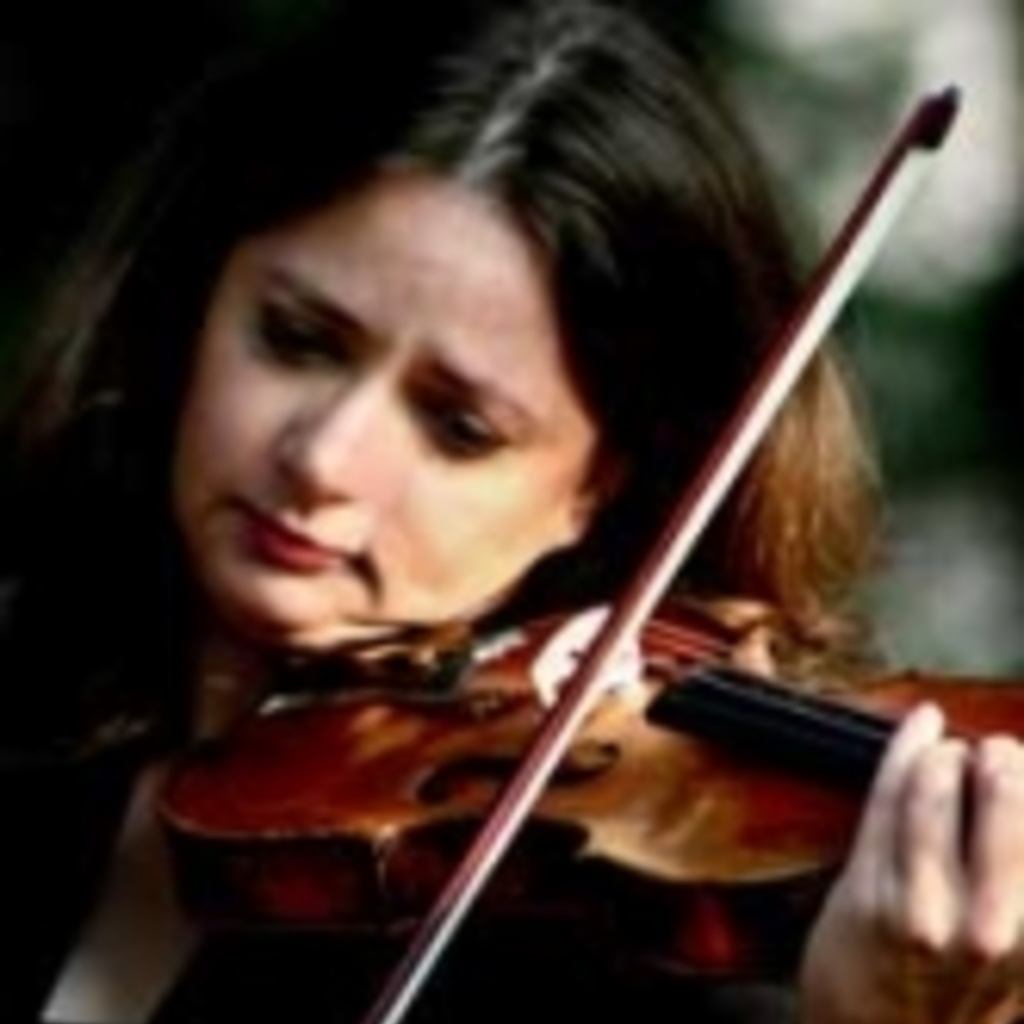
Katie Wolfe
Practice and perform
Need to book a music room, request an accompanist, check out audition information, rent a locker, or use a recording studio? Visit the Music Callboard for all scheduling and policy information.